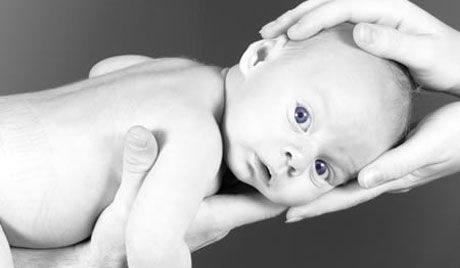Norway took the first place in the rating of maternal well-being
Last reviewed: 23.04.2024

All iLive content is medically reviewed or fact checked to ensure as much factual accuracy as possible.
We have strict sourcing guidelines and only link to reputable media sites, academic research institutions and, whenever possible, medically peer reviewed studies. Note that the numbers in parentheses ([1], [2], etc.) are clickable links to these studies.
If you feel that any of our content is inaccurate, out-of-date, or otherwise questionable, please select it and press Ctrl + Enter.
The Save the Children public organization has published its own annual report called "State of the World's Mothers," and once again the information about the most affluent country in the world has become less inspiring.
The US ranked 25th in the list - immediately after the Belarusian dictatorship, and the cause is an alarming level of pregnancy-related deaths, as well as a small number of children in pre-school organizations.

In 2012, the first place in the ranking of maternal well-being was taken by Norway. This country has been firmly taking the first position in the global welfare list for several years in a row and showing unusual generosity for newly-made parents. After the birth of a baby, both parents are entitled to a two-week paid vacation. After that, they can extend the decree within 46 weeks, wholly retaining their wages, or 56 weeks with 80% of the average salary remaining, and this time will still have to be divided between the two parents. To this end, in order to give active participation to the fathers, the authorities require that at least 10 of these weeks be used by the baby's father. Before the adoption of this law, only 3% of the fathers in Norway took a decree to care for the child. Currently, 90% of fathers take a decree for at least 12 weeks, and often even government ministers go on leave for several months in order to help take care of the child in the first year of his life.
The Government of Norway provides, including special grants to families in which one of the parents remains at home until the child is 2 years old. If they decide to return to the service, in this case, the young mothers will have a 37.5-hour work week, and in addition 5 weeks of guaranteed leave. This is done in order to slightly simplify the burden that falls on the share of working mothers. The birth rate in Norway has become somewhat smaller in recent years, but, nevertheless, it continues to be one of the highest in Europe.

 [
[